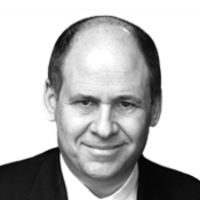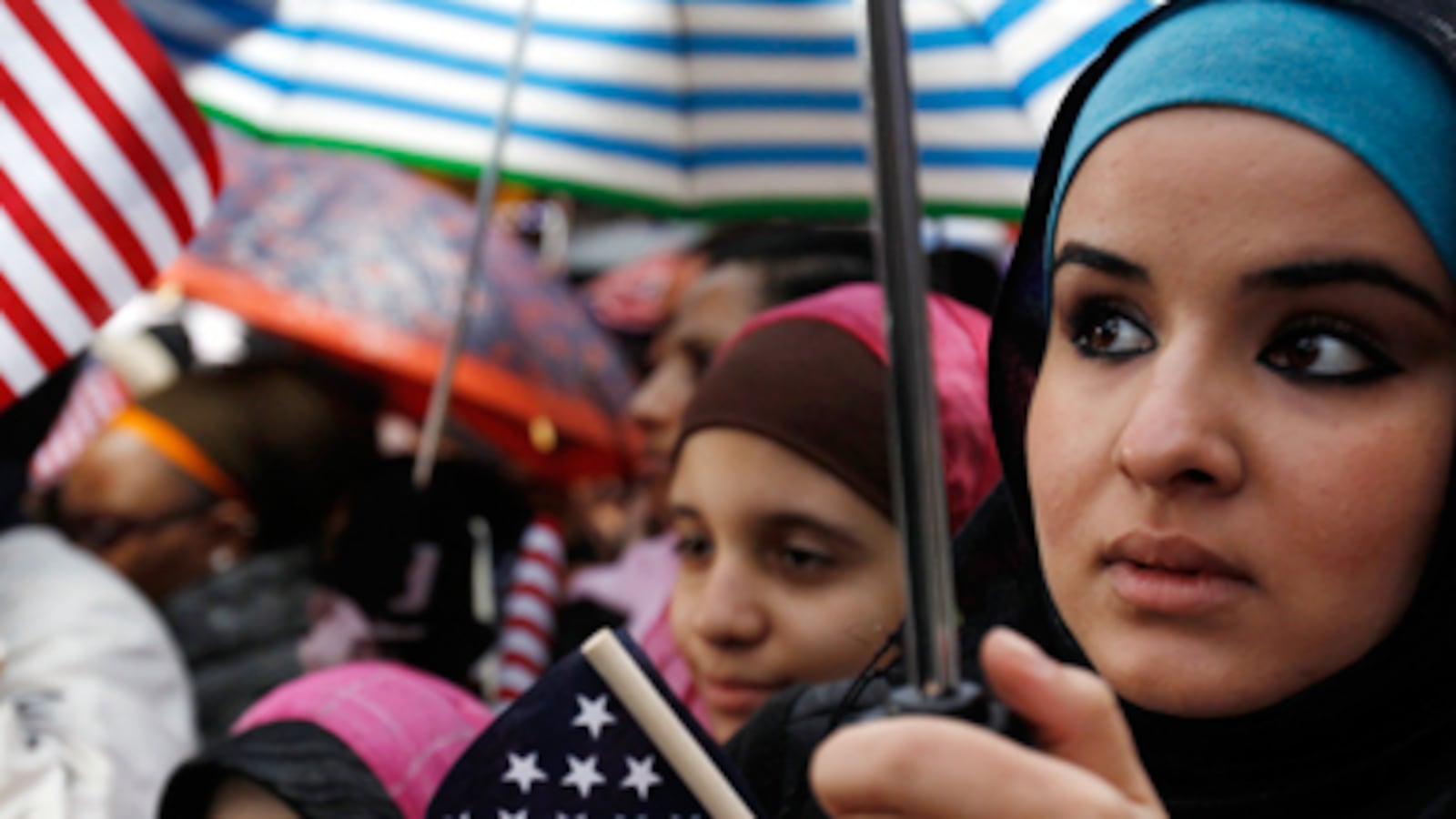Rep. Peter King’s Homeland Security Committee will open hearings Thursday amid overheated charges that King is a modern-day Joe McCarthy. King and his allies reply that political correctness is blinding the country to the significant new threat posed by homegrown Muslim terrorists.

Both sides are wrong. King has said some stupid things but he isn’t a bigot; he has reason to be concerned about an uptick in arrests of American-born Muslim extremists. Homeland Security Secretary Janet Napolitano and Attorney General Eric Holder are also worried about them.
But King would still be better off making this a one-day hearing and pulling the issue out of the national conversation as soon as possible. The focus is counterproductive to the goal of greater cooperation between the Muslim-American community and law enforcement. And in a larger sense, as a forthcoming book from Oxford University Press suggests, the coverage of the rise of Muslim terrorism has it exactly backward. Charles Kurzman’s book, to be published this summer, is called The Missing Martyrs: Why There Are So Few Muslim Terrorists. So few.
I had dinner last weekend with a U.S. attorney for a district not far from ground zero, and he was disturbed by the King hearings. The congressman has said law enforcement officials have been telling him privately that they aren’t getting cooperation from local Muslim communities. Not so, said this U.S. attorney. He told me—privately—that he meets regularly with representatives of the community. They routinely provide the FBI and prosecutors with valuable leads and evidence. But now they are terribly worried about the stigma coming from King’s hearings. This U.S. attorney and his colleagues are being forced to spend valuable time reassuring local imams that the U.S. government means them no harm.
King needs to ask himself whether the anxiety he’s creating within the Muslim-American community is helpful to future cooperation. Will he be able to guilt-trip, shame, or otherwise compel American Muslims to communicate more with law enforcement? It’s hard to see how. More likely, the bad feeling will mean fewer leads and less cooperation. That helps the bad guys.
More likely, the bad feeling generated by King’s hearings will mean fewer leads and less cooperation from the Muslim-American community. That helps the bad guys.
But before we get too worried, let’s look at the bright side.
Kurzman opens his book with a Muslim student, Muhammad Taheri-Azar, who used a car to strike and injure nine people in North Carolina in 2006. (Fortunately no one was killed.) Taheri-Azar told police he acted “to punish the U.S. government for its actions around the world.” Kurzman, who teaches at the University of North Carolina, asks a reasonable question: “If every car is a potential weapon, why aren’t there more automotive attacks?” Because they have no borders to cross, American Muslims could stage impromptu attacks almost at will with little chance of detection. And yet they don’t.
Kurzman found that recruitment of the world’s 1 billion Muslims to extremism has declined sharply since 9/11. And where threats do surface, appeals to protect territory yield far more recruits than calls to strike the West. So Hamas’ military wing, for instance, succeeds in recruiting 1 in 100 residents of Gaza. But for Muslims worldwide, the numbers of those enlisted in the cause are more like 1 in 100,000. When King, in one of his conciliatory moods, says “most Muslims are good people,” his “most” should really be “far more than 99 percent.”
Of course it’s hard to admire Muslims who spew hate as good people. Kurzman explains the inflammatory rhetoric as the product of what is sometimes called “Radical Sheik,” in homage to the “Radical Chic” white supporters of the Black Panthers who gathered at Leonard Bernstein’s apartment in 1969 and were famously chronicled by Tom Wolfe. He argues that as offensive as it might be, the rhetoric should not be confused with real terrorism.
To bolster the point, Kurzman cites a Gallup survey that found that the people of Kuwait were the most likely of any in the world to cheer the 9/11 attacks on the United States. And yet Kuwait has generated almost no terrorism. The connection between words and deeds turns out to be tenuous at best.
“The bad news for Americans is this: Islamist terrorists really are out to get you. They cannot be deterred by prison sentences, ‘enhanced’ interrogations, or the prospect of death,” Kurzman writes. “The good news for Americans is this: there aren’t very many Islamist terrorists, and most of them are incompetent. The odds of their getting lucky and repeating an operation on the scale of 9/11 seem like a long shot.”
More likely, we’ll see small-scale attacks like Taheri-Azar’s. When they succeed in killing Americans, the country will shudder, as it did after the attack on Fort Hood, and move on. For King and other hard-liners, that’s not enough. They want a more vigorous response to the fact that Major Nidal Hasan, the perpetrator of the Fort Hood massacre, was influenced by hate speech from an American cleric hiding in Yemen. Obviously it’s a good idea for the FBI, the NYPD (a potent terrorism-fighting force), and other law enforcement to surveil this and other threats. But stigmatizing the whole community is exactly what al Qaeda hopes for—an overreaction that could help their recruitment.
King’s position should be that of a physician: “First, do no harm.” By becoming a circus, his hearings may not harm, but they sure won’t help.
Jonathan Alter is a national correspondent for Newsweek and a columnist for The Daily Beast. His bestselling book, The Promise: President Obama, Year One, is out in paperback with a new epilogue covering 2010.





